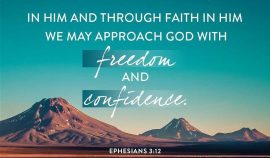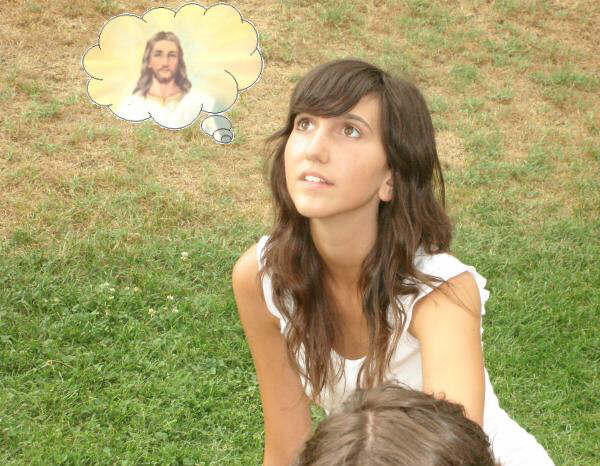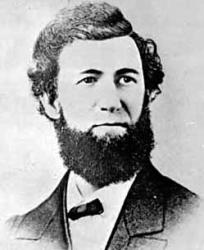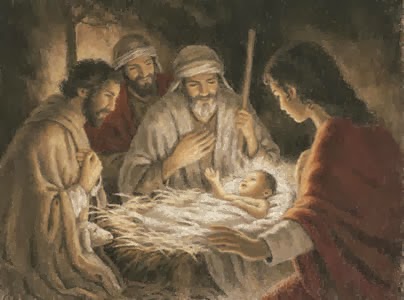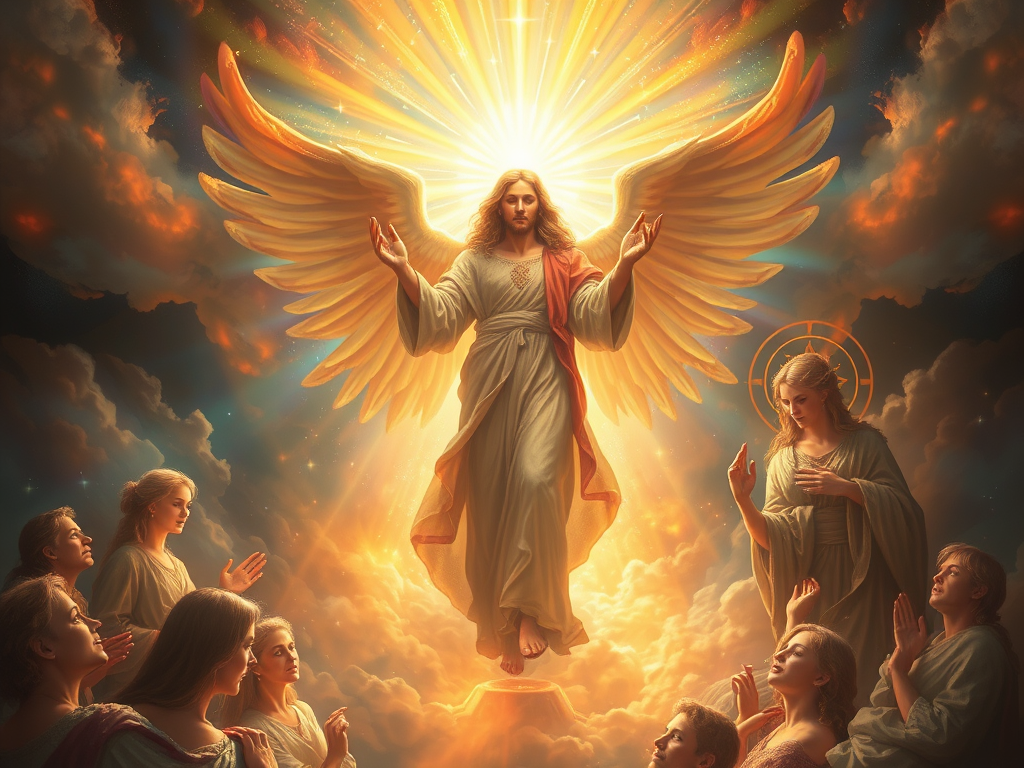
The idea reflects the belief that God orchestrates events for our good, and what He intends for us cannot be missed or taken away.
- Jeremiah 29:11 – “For I know the plans I have for you,” declares the Lord, “plans to prosper you and not to harm you, plans to give you hope and a future.”
- Romans 8:28 – “And we know that in all things God works for the good of those who love him, who have been called according to his purpose.”
These verses affirm that God’s plans are purposeful and personal—what’s meant for you will arrive in His perfect timing.
⏳ Divine Timing and Waiting
Sometimes we feel like opportunities pass us by, but Scripture encourages patience and trust.
- Ecclesiastes 3:1 – “There is a time for everything, and a season for every activity under the heavens.”
- Isaiah 60:22 – “When the time is right, I, the Lord, will make it happen.”
This reminds us that delays aren’t denials—they may be divine redirections.
🛡️ God’s Protection and Guidance
The phrase also implies that if something isn’t for you, it won’t stay—because God protects you from what isn’t meant to be.
- Proverbs 3:5–6 – “Trust in the Lord with all your heart and lean not on your own understanding; in all your ways submit to him, and he will make your paths straight.”
💡 Summary
In biblical terms, “What’s for you will never go past you” is a comforting reminder that:
- God’s plans are intentional and tailored to you.
- You won’t miss what’s truly meant for you.
- Trusting in divine timing is an act of faith.
- Rejection or delay may be protection or preparation.
